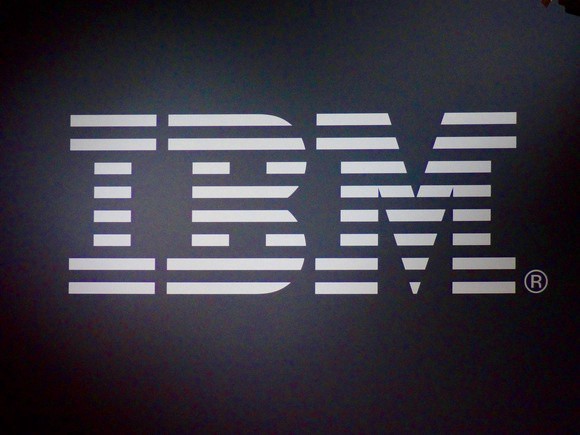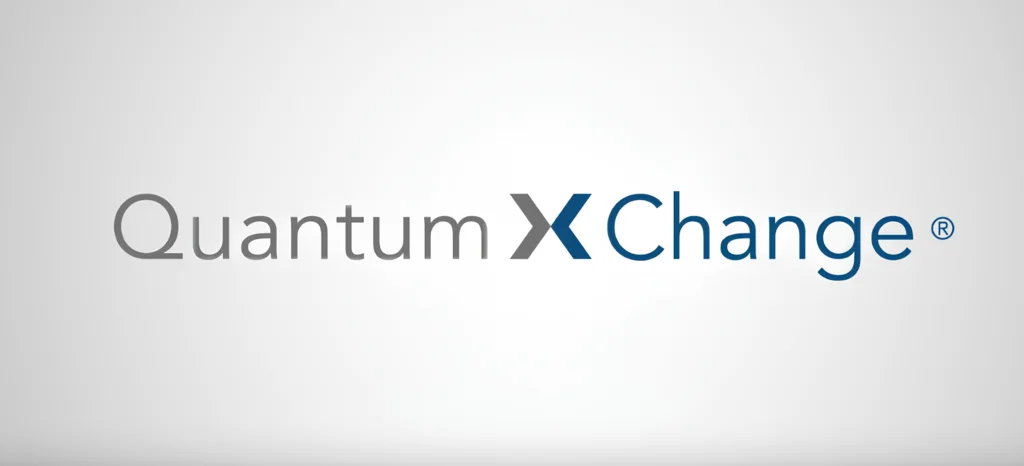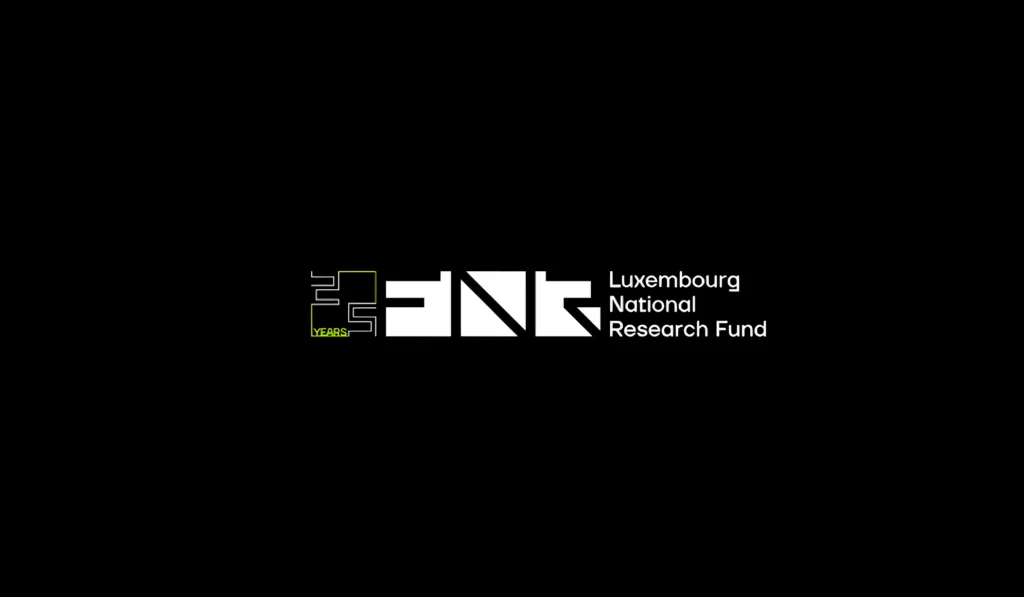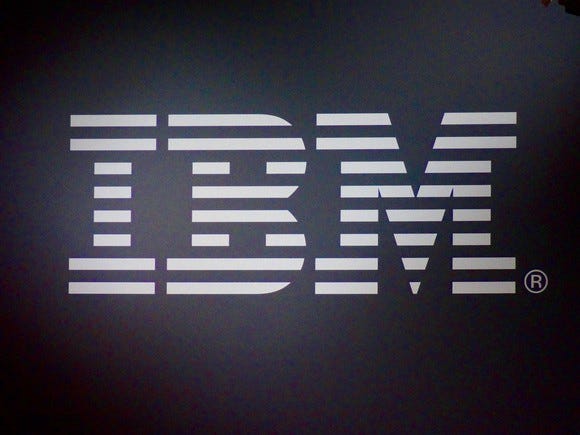
The Beginnings
Of the four major US-founded players in the quantum computing (QC) market consisting of Google, IBM, Microsoft, and AWS Braket (Amazon), only IBM has a legacy in technological innovation that stretches back more than a century.
Founded in Endicott, New York in 1911 by businessman Charles Ranlett Flint as the Computing-Tabulating-Recording Company (CTR) — the same year the Chinese Republic was proclaimed after a revolution overthrew the Manchu dynasty and American explorer Hiram Bingham discovered the Inca city of Machu Picchu — IBM (International Business Machines Corporation) after a name change some thirteen years later, has gone on to become a household name, from its manufacturing and selling of computer hardware, middleware and software, to providing hosting and consulting services in areas ranging from mainframe computers to nanotechnology.
Patent Record
But that’s not all, an important research organization that can be proud of the record (as of 2020) for most annual US patents generated by a business for 28 consecutive years, inventions that are now part and parcel of our lives like the automated teller machine (ATM), the floppy disk, the hard disk drive, the magnetic stripe card, the relational database, the SQL programming language, the UPC barcode, and dynamic random-access memory (DRAM), while one of 30 companies included in the Dow Jones Industrial Average and one of the world’s largest employers, with over 280,000 employees as of December 2021, it’s no wonder IBM sits at the top of the pile.
Yet, Arvind Krishna, the company’s Chairman and CEO — mirroring the thoughts of generations of C-suite executives — has never and will never rest on his laurels: for the company now based in Armonk, New York State wants to dominate the QC industry, just like it did with the semiconducting space.

So, how is IBM doing this?
“We’re building the future of quantum together”
— IBM
Leading the pack in an industry many experts predict is going to answer some of the biggest problems most advanced supercomputers will never be able to solve such as accelerating the efficacy of artificial intelligence (AI) and modelling chemical reactions, The Quantum Insider’s understanding is IBM’s Quantum Computing Roadmap for 2022 includes plans “for four new quantum processors, breakthrough technologies and leaps forward in scale, quality and speed.”
This is all backed by a
• Community of clients and partners comprising 180+ Fortune 500 companies, academic institutions, national labs, and startups
• Large fleet of 20+ quantum systems, aiming to turn the world’s most challenging problems into valuable opportunities
The IBM Quantum System One operates in strategic partner locations in Germany and Japan, with others to follow in North America and South Korea It is a cornerstone product and key factor in the company’s intention to develop its national quantum ecosystems, build workforces and speed up R&D in the space, not just nationally, but on a global scale, too.
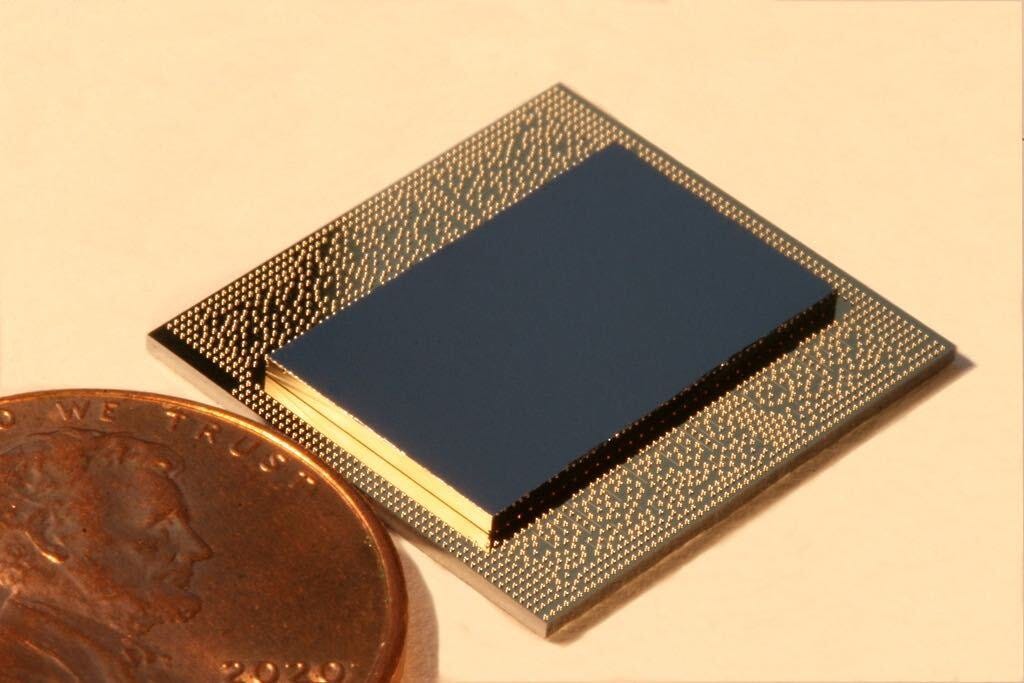
Based on our appraisal, some of IBM’s exciting targets for its Development Roadmap include:
• Dynamic circuits for increased circuit variety and algorithmic complexity by the end of this year
• Call 1K+ qubit services from Cloud API and investigate error correction by 2024
• Scaling to tens of thousands of qubits from 2026 onwards
In 2021, we broke the 100-qubit barrier with our 127-qubit Eagle processor, just two years after the debut of our 27-qubit Falcon chip
In 2022 we are on track to produce the 433-qubit Osprey processor and deliver the 1000+ qubit Condor processor the year after. These processors push the limits of what can be done with single-chip processors and controlling large systems
— IBM
While the 433-qubit Osprey is no mean feat, short-to-mid-term plans for system modularity of the 1,386-qubit Flamingo (2024) and the 4,158-qubit Kookaburra (2025) are reasonable goals to set.
The company’s offering here is as follows:
• Access to quantum computers, with several payment plans available. Whilst they are known for their free system, they do offer paid professional plans.
• Create powerful algorithms with ease on Qiskit.
• IBM Quantum Safe, a portfolio of cryptographic technologies and consulting expertise to protect clients’ most valuable data in the quantum era.
World-leading Technology
As of summer 2022, IBM Quantum has the most quantum computing systems based on its iconic System One — the world’s first integrated product for clients that require an on-site quantum computer system for their exclusive use, the 27-qubit Falcon processor, demonstrating a quantum volume of 32, which will be upgradeable to its 65-qubit Hummingbird processor and 127-qubit Eagle processor when they become available in late 2023.
The business has installations set up in Fraunhofer, Germany and Tokyo, Japan. There are also plans for installations at Cleveland Clinic in the US, Yonsei in Korea, and Quebec, Canada soon.
Twenty more systems can be found in IBM’s Poughkeepsie and Yorktown locations, where the company has provided access to its quantum systems on the cloud since 2016.
With several offerings in the way of solutions for businesses, startups, developers, and researchers, it is our understanding that IBM’s expertise, educational tools and quantum technology can assist users to forge their own way to quantum value in the individual or business’s respective industry.
Early Stage Use Cases
The business has provided examples of early stage use cases:
• Mercedes-Benz using quantum computers to design better batteries
The Mitsubishi Chemical/IBM Quantum collaboration is a great example of how, in the words of Jamie Garcia, Senior Manager of Quantum Algorithms, Applications and Theory at IBM, “exploring specific parts of […] chemical reactions with quantum computers, you get these little a-ha moments. There’s always something new to be found, and a next question to answer.”
For more market insights, check out our latest quantum computing news here.

